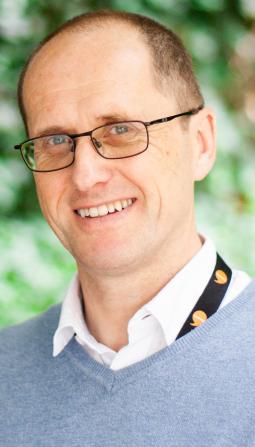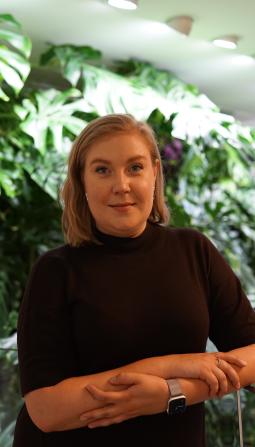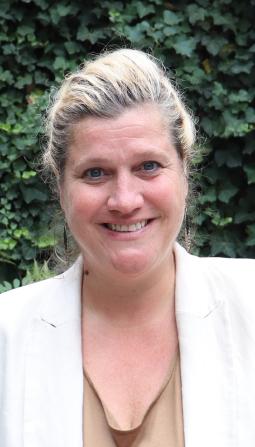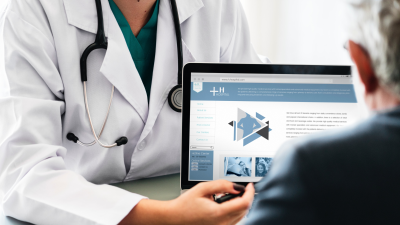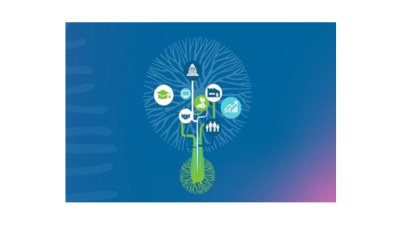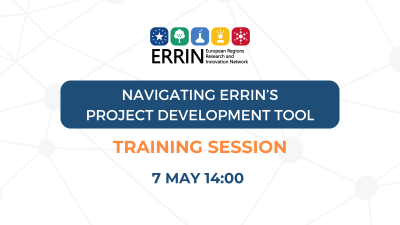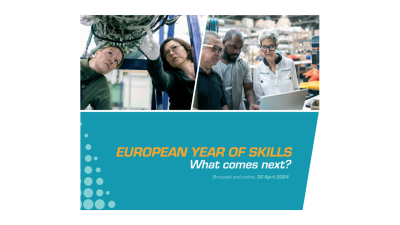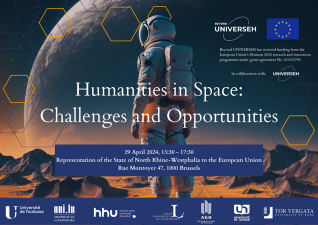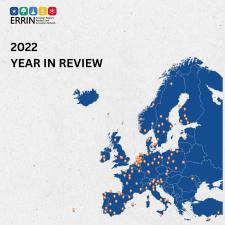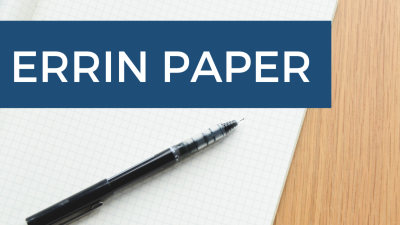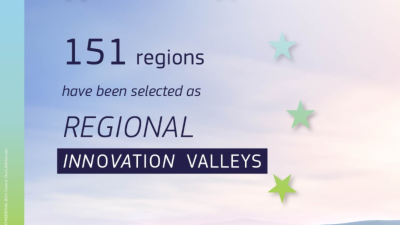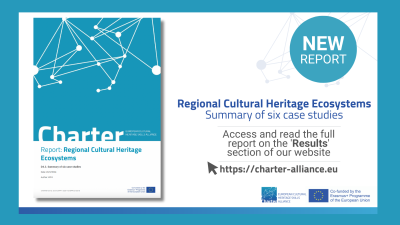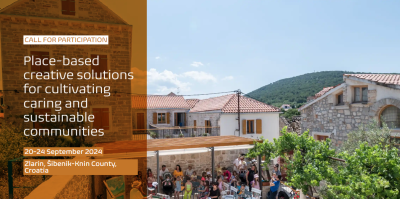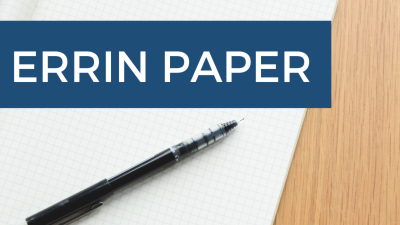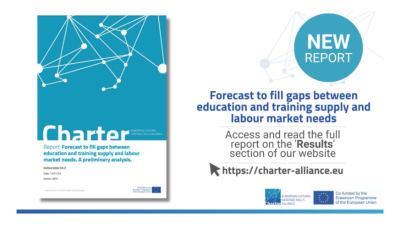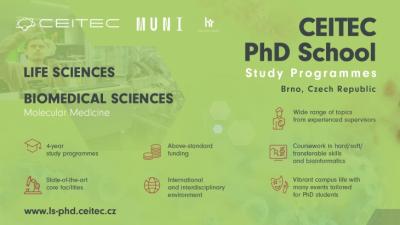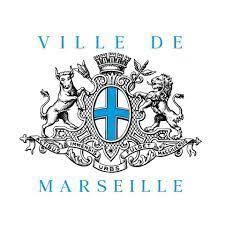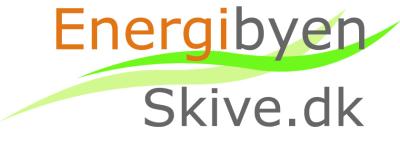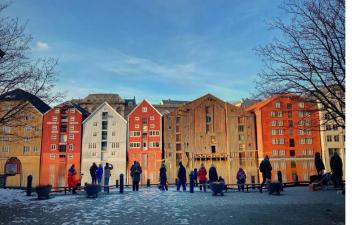Working Group Leaders
Representatives of Brussels-based offices leading the work of the Science & Education for Society Working Group.
Science & Education for Society
The Science & Education for Society Working Group addresses topics related to the concept of place-based universities and engagement with society and citizens while also working on the role of education (both VET and Higher Education) in the Research and Innovation Smart Specialisation Strategies (RIS3) as well as education and skills for research and innovation. The Working Group facilitates information sharing, knowledge development, and aims to strengthen existing and build new relationships with the EU institutions. Facilitating project development is also part of the Working Group's scope. For this purpose, the Working Group assesses the interest of the membership for specific calls under Erasmus+ and support in the most efficient way the members in building consortia, primarily with the ERRIN online tool for project development.
ERRIN Contact
Previous Related ERRIN Working Group Meetings
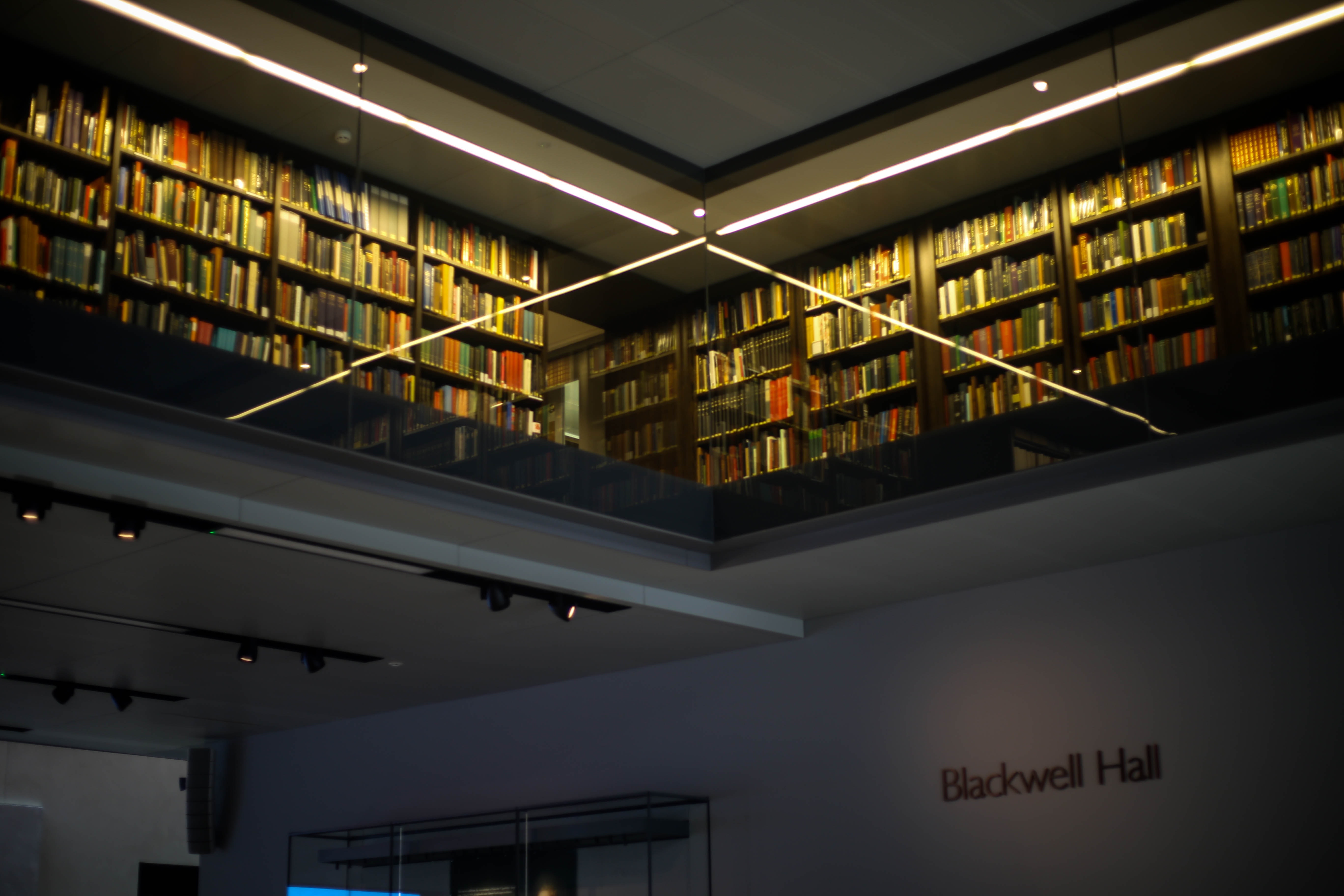
Strengthening skills governance in regional innovation ecosystems: lessons learnt and remaining challenges
As the activities of the EU Year of Skills came to an end in April 2024, the Science and Education for Society Working Group is organising a Working Group meeting to reflect on the lessons learnt

The Pact for Skills for CCIs - What next after the Year of Skills?
The European Year of Skills is coming to an end after the Pact for Skills Forum (21- 22 March) and the Closing event, taking place on 30 April, which will reflect on the achievements of the past year

Policy & Smart Specialisation WGs meeting: Widening in FP10 and impact on cohesion policy post-2027
The topic of widening gathers high attention in the discussions around the next European Framework Programme for R&I, raising questions with the potential to influence not only the Widening sub-
WG Related Events
Skills in the health sector: Health WG
The Health Working Group meeting will update colleagues on the European Commission’s initiatives linked to staff and skills shortages and training and up-skilling of the health workforce, exploring how regions and their health and innovation ecosystems can be involved in these initiatives. The event will take place at the ERRIN offices on 15 May from 14:30-16:00.
Knowledge valorisation for the regional and local R&I ecosystems
On 14 May, the European Committee of the Regions and DG R&I of the European Commission organise a seminar on "Knowledge valorisation for the regional and local R&I ecosystems". The conference will focus on how regional and local authorities can foster knowledge valorisation and boost innovation ecosystems, translating knowledge into practical and innovative solutions. It will discuss the role of Codes of Practice in strengthening knowledge valorisation capacities in R&I ecosystems and stimulate a mutual learning exercise on main recommendations and a toolbox for policymakers at…
Pioneering Futures: Rethinking Cultural and Heritage Ecosystem
KU Leuven Institute for Cultural Heritage, in partnership with Una Europa and the Belgian presidency, is hosting an event on Pioneering Futures: Rethinking Cultural and Heritage Ecosystems. Hosted in Leuven as part of the official event calendar of the Belgian presidency of the Council of the European Union, this event welcomes policymakers, academics, practitioners, and wider stakeholders to chart a course for the advancement of cultural and heritage ecosystems within a regional, national, and European context. The event will take place on 14 May 2024.
Navigating ERRIN’s Project Development Tool – Training session
With the recent launch of its Project Development Tool (PDT), ERRIN is organising a training session for its members and stakeholders based in the regions to leverage its full potential. The session will take place online on Tuesday 7 May 2024 from 14:00 to 15:00.
The European Year of Skills: What Comes Next?
On 30 April, the European Commission is organising the “The European Year of Skills: what comes next?” conference that will look back at the learnings of the EU Year of Skills. It will also be an important milestone to reflect on the road ahead. The conference will feature prominent political and stakeholder panels, inspiring speeches, insightful conversations, and interactive discussion groups on specific topics.
Humanities in Space: Challenges and Opportunities
Space exploration is an area of research traditionally associated with science and technology. However, many key questions regarding space also concern social sciences and humanities, as space activities have clear social, cultural, and economic impacts on our societies. The Beyond UNIVERSEH event will explore the importance of the humanities for space research with experts on 29 April from 13:30-17:30 at the offices of the Representation of the State of North Rhine-Westphalia to the EU.
Pagination
WG Documents
ERRIN Year in review 2022
The ERRIN Year in review 2022 is out! Read the report to see the numerous activities ERRIN and its members have been involved in throughout the year.
WG Related Content
ERRIN two-pager for European decision-makers
ERRIN is pleased to share a two-pager for the incoming European decision-makers, aiming to present the network and our value to the new MEPs, raising a voice for the importance of place-based R&I in the changing landscape. We encourage all ERRIN members to share the document with their MEPs to introduce ERRIN and the value of place-based R&I.
Over 70 ERRIN member regions announced as Regional Innovation Valleys
On 19 June, the Commission announced the 151 regions identified as Regional Innovation Valleys following the call for EoI and calls for proposals in 2023. 73 successful regions come from ERRIN members. RIVs will aim to strengthen the regional innovation ecosystems, bridge the innovation gap and improve Europe's overall innovation performance. New calls for proposals under Horizon Europe are expected in 2025.
How is cultural heritage integrated into regional development? CHARTER Alliance publishes new report on six regional case studies conducted by ERRIN
CHARTER, the European Cultural Heritage Skills Alliance funded by Erasmus+, has released a new report showcasing findings and conclusions from six regional case studies conducted by ERRIN members in the Basque Country (Spain), Sibiu (Romania), Bremen (Germany), Alentejo (Portugal), Tuscany (Italy), and Västra Götaland (Sweden) in 2021-2023. The report synthesises how skills for cultural heritage are integrated into regional development policies and strategies, examining sector-integrated dynamics within these regional ecosystems. The report provides recommendations for developing long-term…
Call for Applications for IN SITU Summer School
Applications are now open to join IN SITU Summer School, “Place-based creative solutions for cultivating caring and sustainable communities" (20-24 September 2024), and the IN SITU Conference "Horizons of Sustainability: The power of creative innovation for transformation of rural and non-urban futures" (25-27 September 2024), both held in the beautiful island of Zlarin, Croatia.
ERRIN two-page input on FP10 for the attention of the Expert Group
As the work towards the next EU Framework Programme for R&I (FP10) continues, ERRIN is pleased to share its two-page input for the attention of the Expert Group on the interim evaluation of Horizon Europe. The document is a concise compilation of the reflections on FP10 done at ERRIN so far, highlighting topics of key importance. Work on a series of broader input papers is underway.
New CHARTER Report: Forecast to fill gap in Heritage Education and Training
In its new report, "Forecast to fill gaps in Heritage Education and Training", the CHARTER EU Alliance delves into the gaps and needs of Cultural Heritage professionals in Europe. This report maps the main challenges for professional development in heritage, encompassing technology, sustainable development, professional collaboration, public administration, diversity, funding, social uses, knowledge transfer, occupation coding, and skills description.
Pagination
Latest Updates
- By CEITEC Masaryk University
PhD in life sciences and molecular medicine in Brno
A renowned European research institute, CEITEC Masaryk University, located in Brno, Czech Republic, provides top equipment and optimal conditions for basic and applied research. The institute is now welcoming new students for its PhD School in the fields of Life Sciences and Molecular Medicine
- By Maria Sofie Juhl
Danish VR company looking for partners to develop online teaching experience focusing on biodiversity challenges
A Danish film company is looking for partners to join them in their Erasmus+ Cooperation Partnership project, focussing on the development of a VR educational experience. The material will include an educational segment and an interative VR challenge, where students will apply their knowledge to ensure the species' survival.
- By Francesca Pozzebon
Survey on built heritage crafts skills
In the European Year of Skills, Future for Religious Heritage (FRH) and Mad’in Europe want to highlight the importance of preserving traditional heritage crafts and passing them on to new generations. A survey has been launched to better understand the heritage crafts scene in Europe in terms of practice and knowledge.
- By Capucine Seguin
The City of Marseille is looking for a consortium to prevent and reduce food waste
The city of Marseille is looking to join a consortium by offering sites for experimentation on food waste reduction and prevention in its school canteens.
- By Central Denmark EU office
Partner search for Erasmus+ project: Circular Economy in Construction Education (CE2)
We are currently five Danish partners searching for new partners for an Erasmus+ project under Alliances for Education and Enterprises. The project Circular Economy in Construction (CE2) focus on creating learning experiences that are attractive to both school- and job-based target groups. CE2 tackles the deep gap between visions for the future built environment and the day-to-day work at a construction site.
- By Mid-Norway European Office
Seeking collaboration on Mission on Climate Adaptation calls
SINTEF has been the host of a national private-public-research partnership in Norway on risk reduction through climate adaptation of buildings and infrastructure in the last 8 years. Now SINTEF is interested in participating in a European partnership for further development of innovations and knowledge from this research centre.
